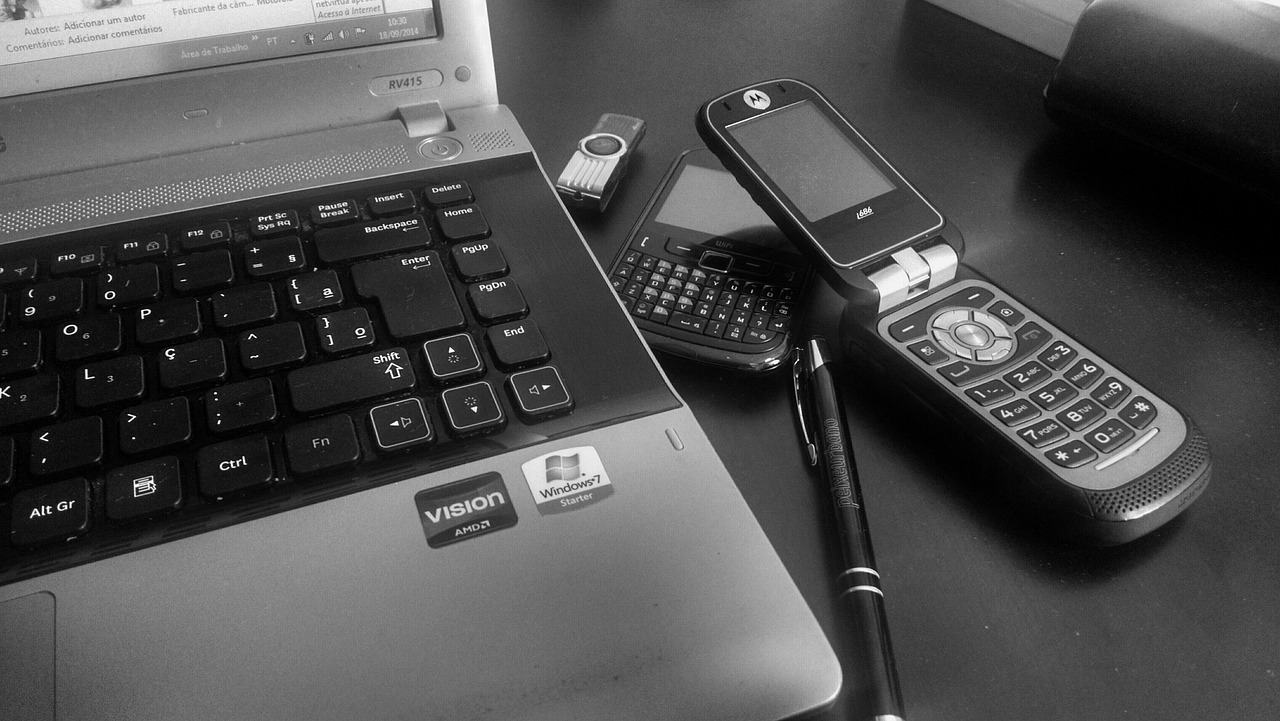If you stumble upon this page, I would assume you are looking for ways to be more effective in your work and your personal life. I believe that at the end of the day whether we achieve it or not we strive to do the best at whatever we pursue. I have read and listened to over 100 books that provide guidance on how to use time effectively. Here are the 5 practices that are essential at attaining higher levels of productivity
Becoming Self aware:
I have written articles on meditation and even produced a podcast, if there is one theme that is common amongst all productivity literature is that you need to understand your inner workings. In what circumstances do you operate at your best? What are your pitfalls? What do you crave? How do you fulfill your needs?
It is important to know your weaknesses before you can be productive. I used to get easily distracted, I had an addiction to my phone and online news. I especially felt this cravings at the highest during mid mornings, and after lunch. No matter what I did to focus, it felt like climbing a hill every time. I tried coffee or worse a cookie to bring my energy levels to the point where I can concentrate. By knowing this information, I could work on how to address the main problems. Was I not getting enough sleep? How about exercise? There are a myriad of things that can impede your progress. The first step is knowing the things that are holding you back.
Improve your health:
When we think of productivity, most people tend to undermine health, whether it is by not exercising, not consuming nutritious meals, or even not getting a good night’s sleep. Before you can embark on any journey, taking care of the basics will set you up for success. If the basics are not taken care of, your own body will cloud your thinking, your energy levels will be low, which means that your outputs will lack quality.
Making small habits, such as meditating every morning, walking, incorporating fruits and vegetables to your diet, will provide your mind with the necessary energy to go through your day like a champion. Prioritizing these changes will also make you stand out, building trust amongst your peers that you are ready for the next level of challenges.
Finding your purpose:
One of the reasons why a lot of people are not able to meet their goals is because they lack purpose. Without purpose your objectives lose relevance, and it’s just a matter of time before we lose interest and move on. The reason why I write on this blog and I do a podcast is because I find productivity as the foundation to pursue goals.
To meet objectives that don’t immediately pay, or provide rewards requires a level of grit and resilience that is very rare to find. At the core I believe I am an entrepreneur. I get excited and motivated about solving problems. I have ideas that I want to execute but find myself drowning in the clutter of everyday life. To pursue your passion you may have to learn uninteresting topics and practice exercises that may seem irrelevant at the moment, that changes as soon as your objectives are aligned to the higher purpose.
Create a scorecard:
I will dedicate an entire article on this, however this is an essential topic that needed to be included in this article. It is not enough to create goals, and key measures, you also need to be able to to track progress. Tracking your efforts gives you momentum, because you are able to determine if your efforts are producing value. Imagine you are running a 5K without any distance markers, it will be hard to tell how far you have run, which can have a negative effect in your completion time.This is why you need a scorecard: When building one make sure it includes:
- Goal: e.g read X, learn X, Do X
- Measure: create indicators that can track, how are you going to know if you are succeeding or failing e.g time per day, week or month, what is that magic number? Generate X revenue, cut X cost.
- Frequency of your reviews: Weekly? Monthly? Quarter?
Make a Routine:
What is a routine? In ordinary words a routine is a habit, something that we do continuously (i.e brushing our teeths, sleeping, eating). In terms of productivity this is the wrapper around everything we want to do. From little we have learned that slow and steady wins the race, over small sprints, that is because when we are consistent with our endeavors, our probability of attaining success is much better.
Therefore, you can have a clear purpose, you can have goals that are attainable, you can even be aware of your internal body operations; however if you are not able to incorporate your goals into a habit, you will not be able to succeed.
Wrap Up
To be a highly productive individual, you need to be organized. Your entire life has to be predictable, your work, your personal life, and your play. Once you are able to control the things around you, then you can begin to plan for the things you really want. From time to time people are prey to work, or personal life commitments that get into the way of achieving our higher purpose. Note that when planning, planning for the unexpected is as essential as to plan for the things you want to do, otherwise the unexpected will continue to hijack your progress.




